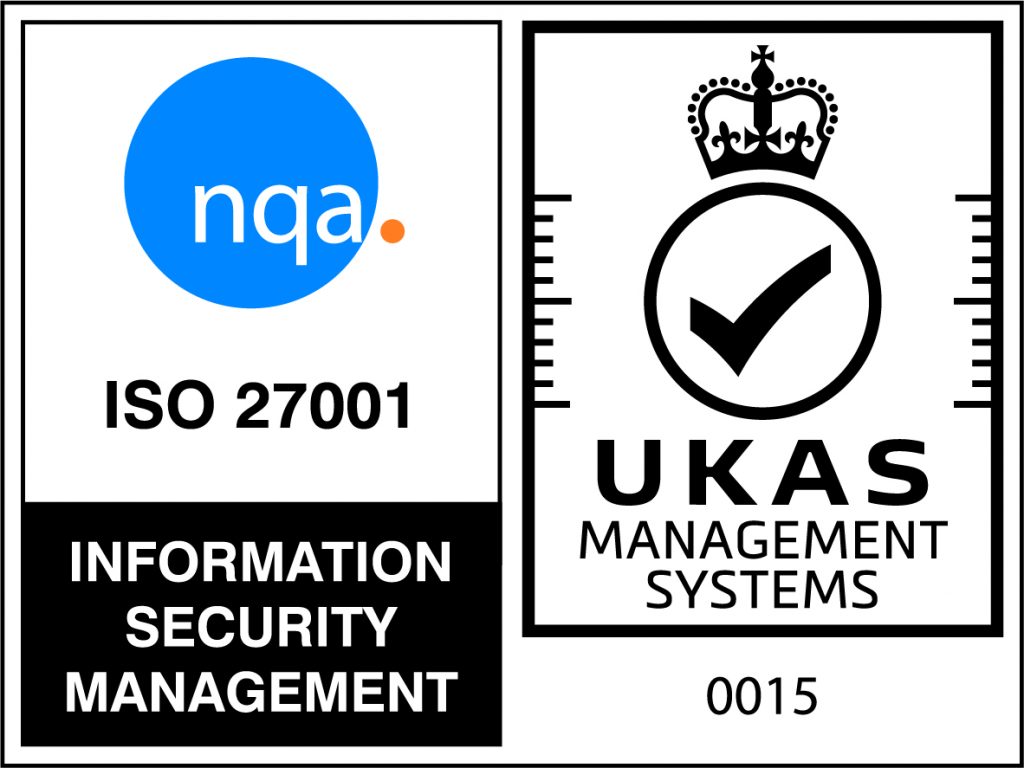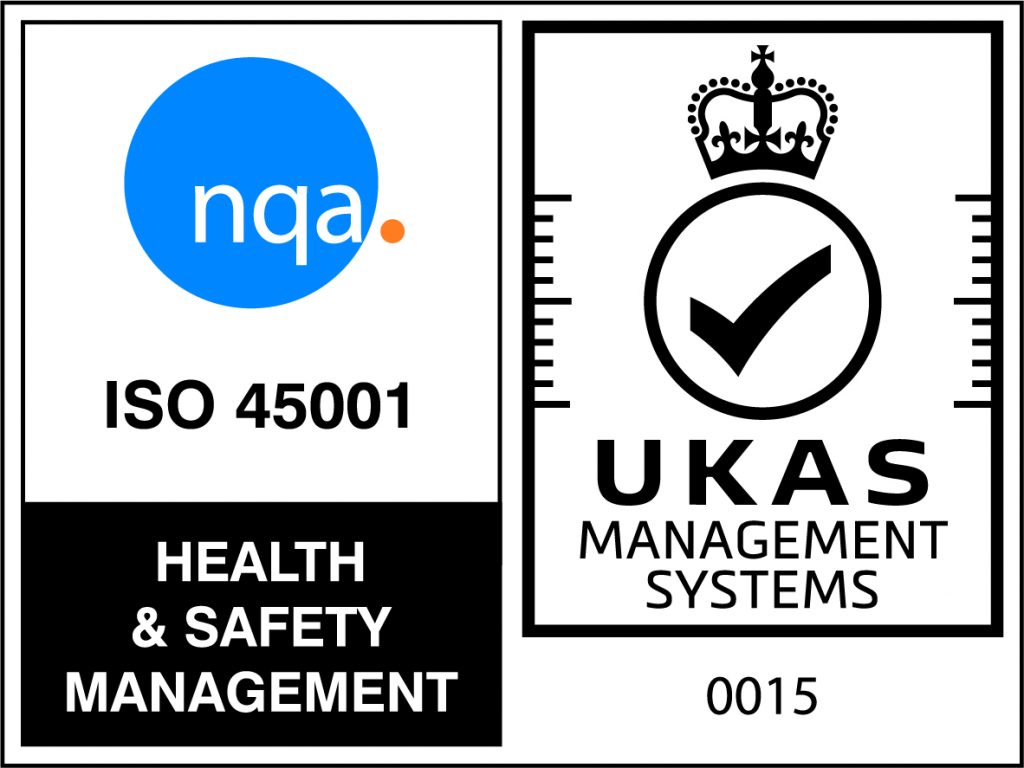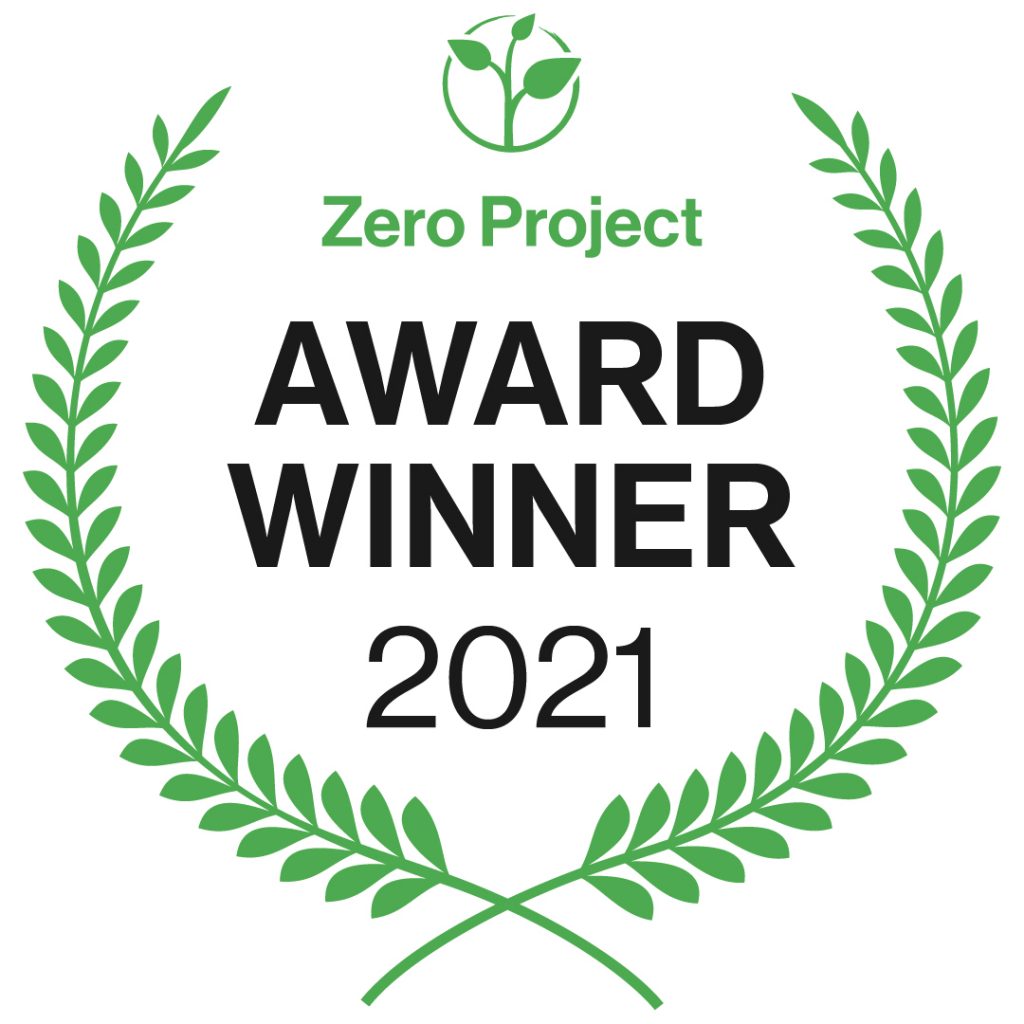Harry Georgiou is the Youth Advisory and Co-Production Assistant at DFN Project SEARCH. Harry is on a crusade to create a future in which individuals with disabilities can succeed in employment based on their passions and abilities.
Harry has led several disability campaigns across the UK and will continue to work with businesses across the UK so they can become more inclusive and accessible.
Reflections on the importance of a healthy work-life balance in the lives of young disabled people
Looking at the world around me and looking back throughout my education, work life, and social life, I now have a deeper understanding about the lack of opportunities available for young disabled people.
Reflecting on my life has made me realise the differences we need to make within society. Changes have already been made, but from my lived experience, those changes are just the beginning. We are still only just scratching the surface with opportunities like supported internships and improved pathways into employment, and yet there are still only 4.8% of people with a learning disability or autism spectrum condition (ASD) in work who are known to adult services.
When thinking about this figure, it really makes me stop and think about other areas of life. Even those young people with a learning disability who have a job, like me, miss out on key opportunities to socialise. When you think about your lifestyle, you think: you have a job, you earn money, and you have a home. For some disabled adults, what seems to be missing is the valuable time seeing friends and peers.
This is my own personal opinion:
There is a lack of good, high-level support groups for disabled young people that teach valuable transitional social skills. We have the work skills and we have the supported internships (which are doing a brilliant job), but we also need to have a healthy work-life balance.
It can be a real challenge for a lot of young disabled people to go out and mix in a social atmosphere because of the barriers they may face when accessing youth clubs, or other communal spaces. It could be the case that you don’t feel comfortable sitting in a loud and busy environment. Having a support group with other young people like you makes you really stop and think and allows you to connect and feel more comfortable when trying new experiences, because you’re all doing it together.
I am part of a local social group myself, where the activities include going out for a meal, Bingo, bowling, photography, open mic nights, cooking classes and going to an accessible club night. This diverse selection of activities really helps me to make friends in a safe and supportive environment.
As a young adult with disabilities, I still notice how difficult it is to develop different kinds of relationships and to meet new people. From my own experiences, I know that there are a lack of services that support disabled people with developing new relationships and experiencing a sense of community. To remedy this, there needs to be more tools and opportunities available to help people with disabilities build social relationships in a safe, low-risk environment.
This would make a real difference to the lives of people with disabilities.
I believe that there is a lack of social integration outside of schools and colleges.
For me, school was great for some extra-curricular activities, but there were not many opportunities to go out with your friends in a safe and supportive environment.
It is crucial that we have awareness and access to services that offer young disabled individuals a chance to meet new people and socialise. To really allow us to move forward within this social area, there needs to be many more effective support groups out there, up and down the country. Furthermore, where they do exist, we need to be highlighting services that provide support whilst encouraging young disabled people to live independently.
Thank you for reading this article, I hope it encourages you to think about the need for balance when thinking about young disabled people entering the workforce. When we talk about supporting disabled people finding and staying in work, we must not lose sight of the fullness of their lives and their needs to live happily beyond the workplace.

 Back to News
Back to News

















